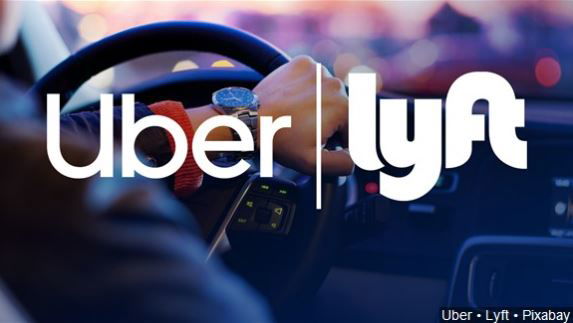Prop 22 initiative approved

Proposition 22, which will again classify app-based transportation and delivery drivers as independent contractors, was approved by voters today after receiving the most campaign contributions in California history.

The initiative written in response to last year's passage of AB 5 was
leading 58.1%-41.9% with more than 10.8 million votes counted, according to figures released by the Secretary of State's Office.
"This is a win for drivers across California," said Alfred Porche, an Army veteran who drives rideshare and delivery in Southern California. "We're grateful voters -- Republicans, Democrats and independents -- came together to stand with the nearly one million drivers who overwhelmingly supported Prop. 22 because it protects our ability to work as independent contractors.
Get election updates, check out our LIVE Election Updates Article
"This campaign was about listening to drivers and making our voice
count. More than 120,000 drivers actively supported this campaign by talking with friends, family, customers, and voters across the state to make sure they understood that the vast majority of drivers want to stay independent contractors.''
Proposition 22's backers say it would allow app-based drivers to gain additional income by working a few hours a week on schedules they determine as independent contractors. They also claim defeat of the measure would increase rideshare costs for consumers by at least 25.9% and as much as 100% in some markets; food and grocery delivery costs would increase by at least 35.2% and potentially double in some markets; and would increase wait times and reduce service in rural or suburban areas of the state.
Opponents, led by the International Brotherhood of Teamsters, United Food and Commercial Workers International Union and Service Employees International Union, say passage of Proposition 22 would remove protections for app-based drivers, such as paid sick and family leave, health insurance and workers' compensation.
Independent contractors are not entitled to certain state-law protections afforded employees, including minimum wage, overtime, unemployment insurance and workers' compensation. AB 5 codified into law a California Supreme Court ruling imposing stricter requirements for employers to classify workers as independent contractors.
Proposition 22 would also restrict local regulation of app-based drivers, criminalize impersonation of such drivers and require background checks.
What supporters dubbed the ``Protect App-Based Drivers and Services Act'' has received major financial backing from the ride-hailing company Lyft, the parent company of the ride-hailing company Uber and the on-demand prepared food delivery service DoorDash.
The campaign on behalf of Proposition 22 has received more than $204 million in contributions, the most for a California ballot measure campaign, according to figures released Monday by the California Secretary of State's Office.
The previous record was more than $154 million in support of Propositions 94, 95, 96 and 97, four similar gaming compact measures approved by voters in the 2008 primary.
The campaign against Proposition 22 has received more than $20 million in contributions.